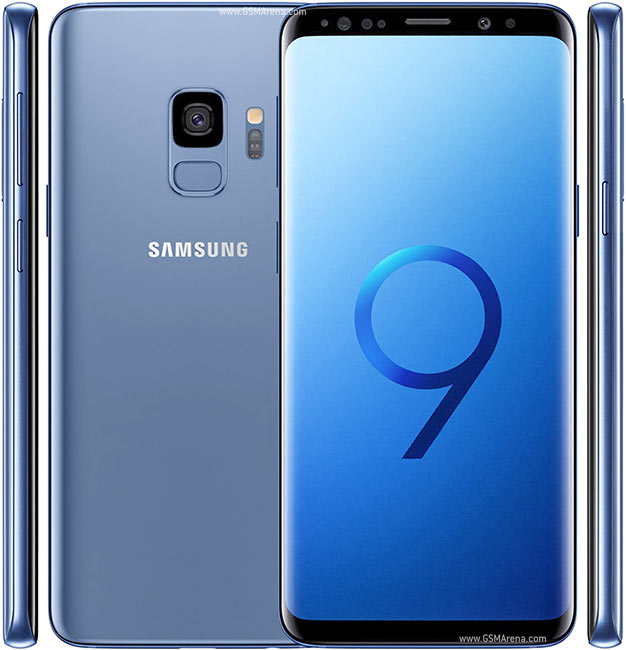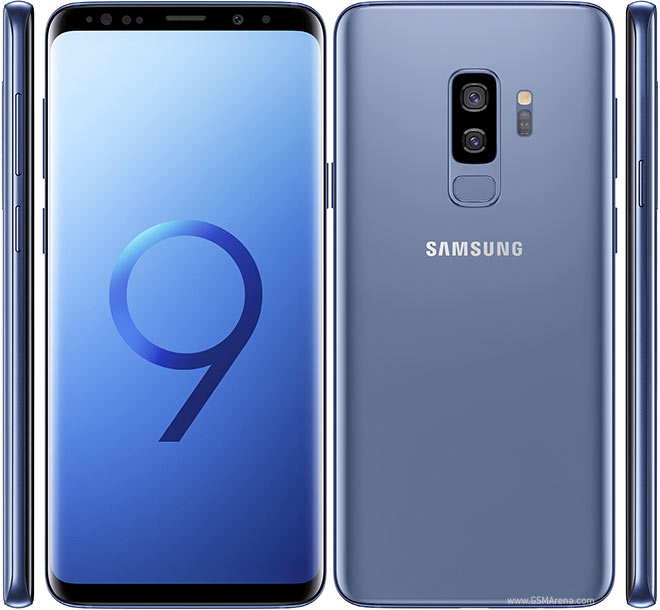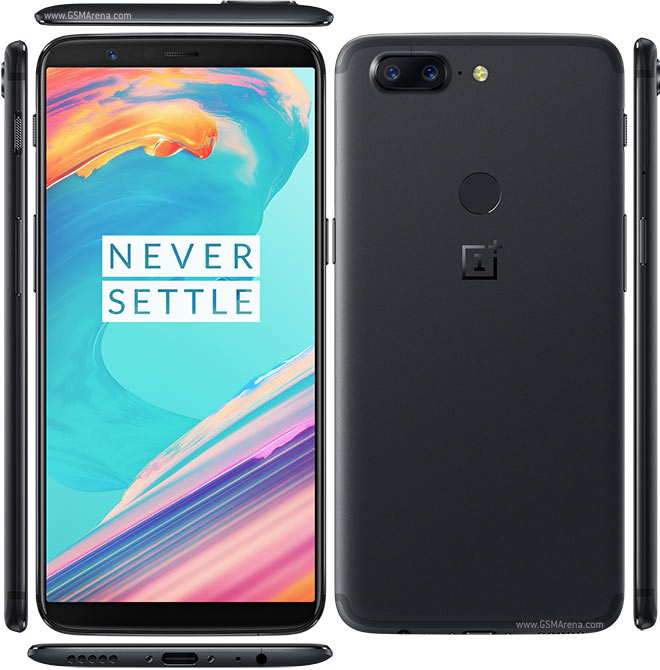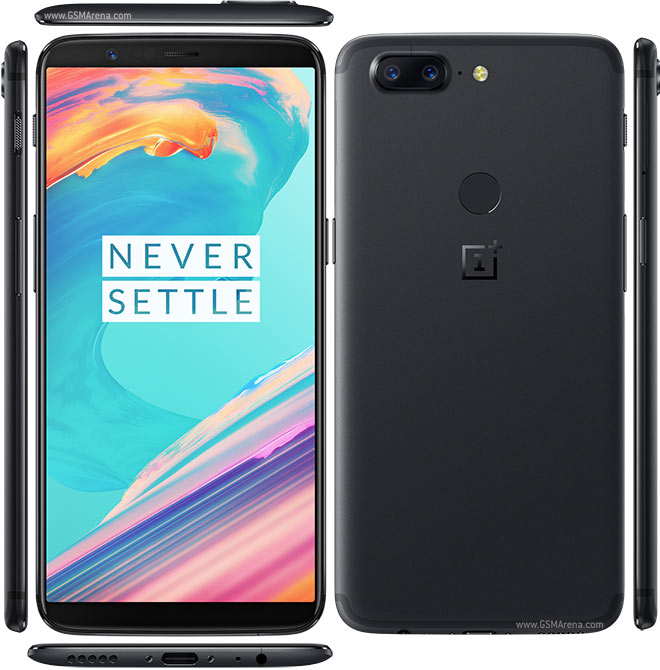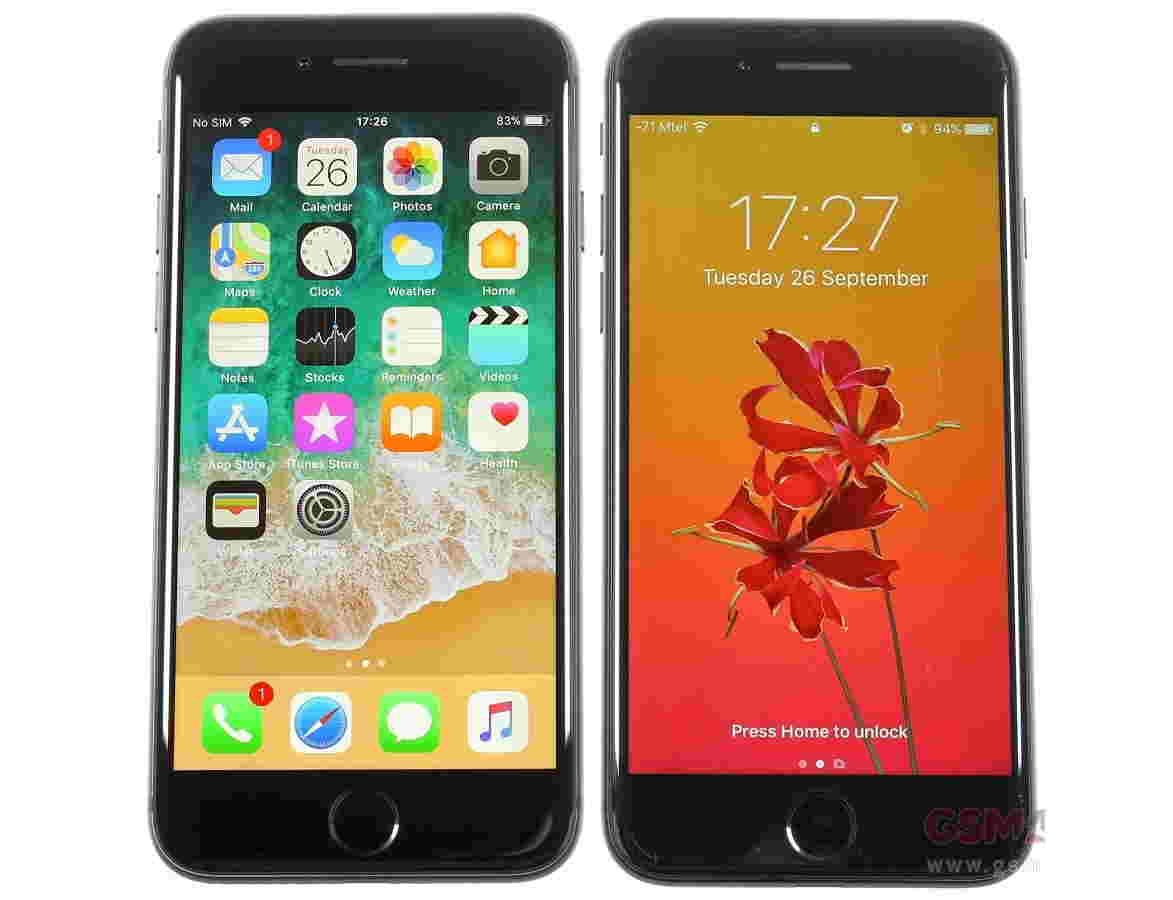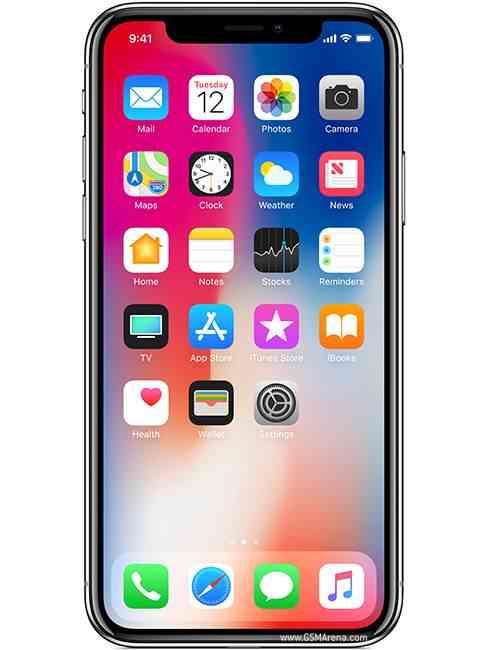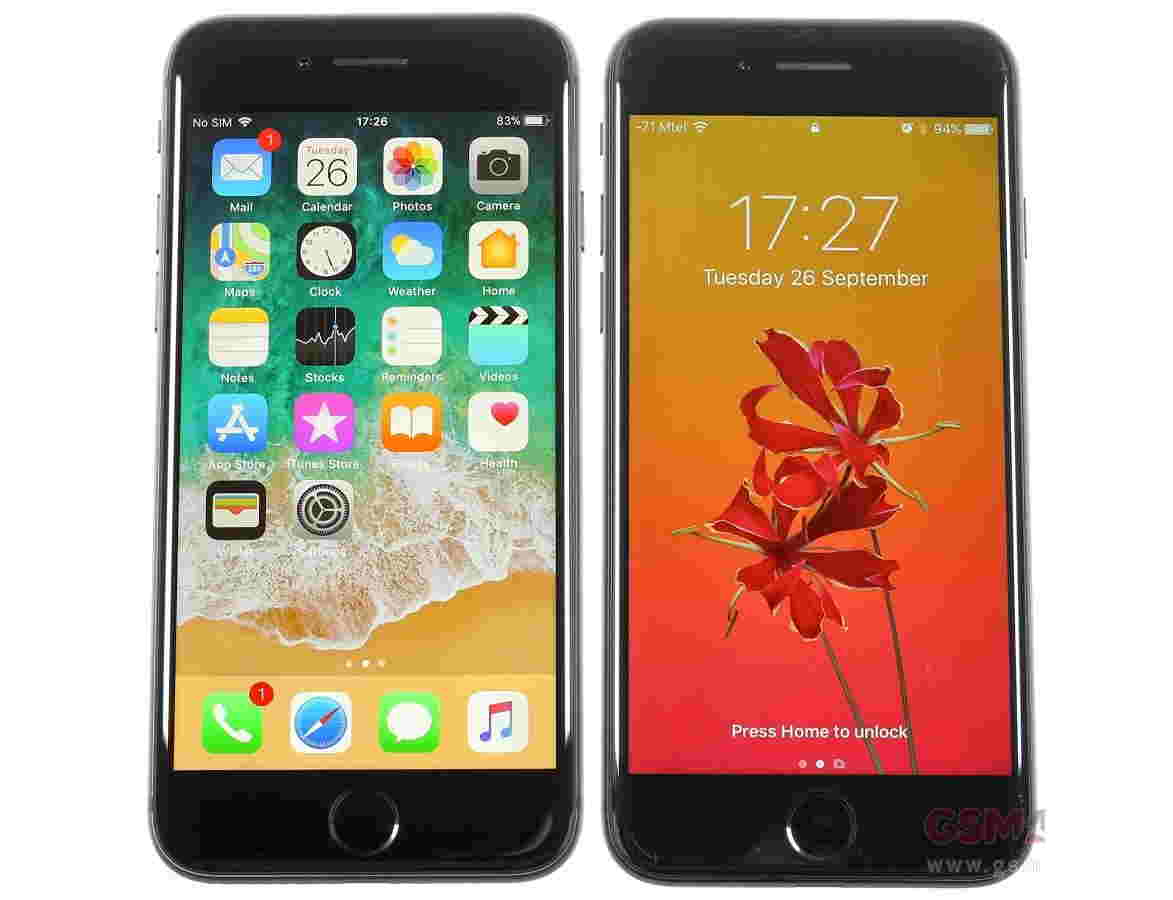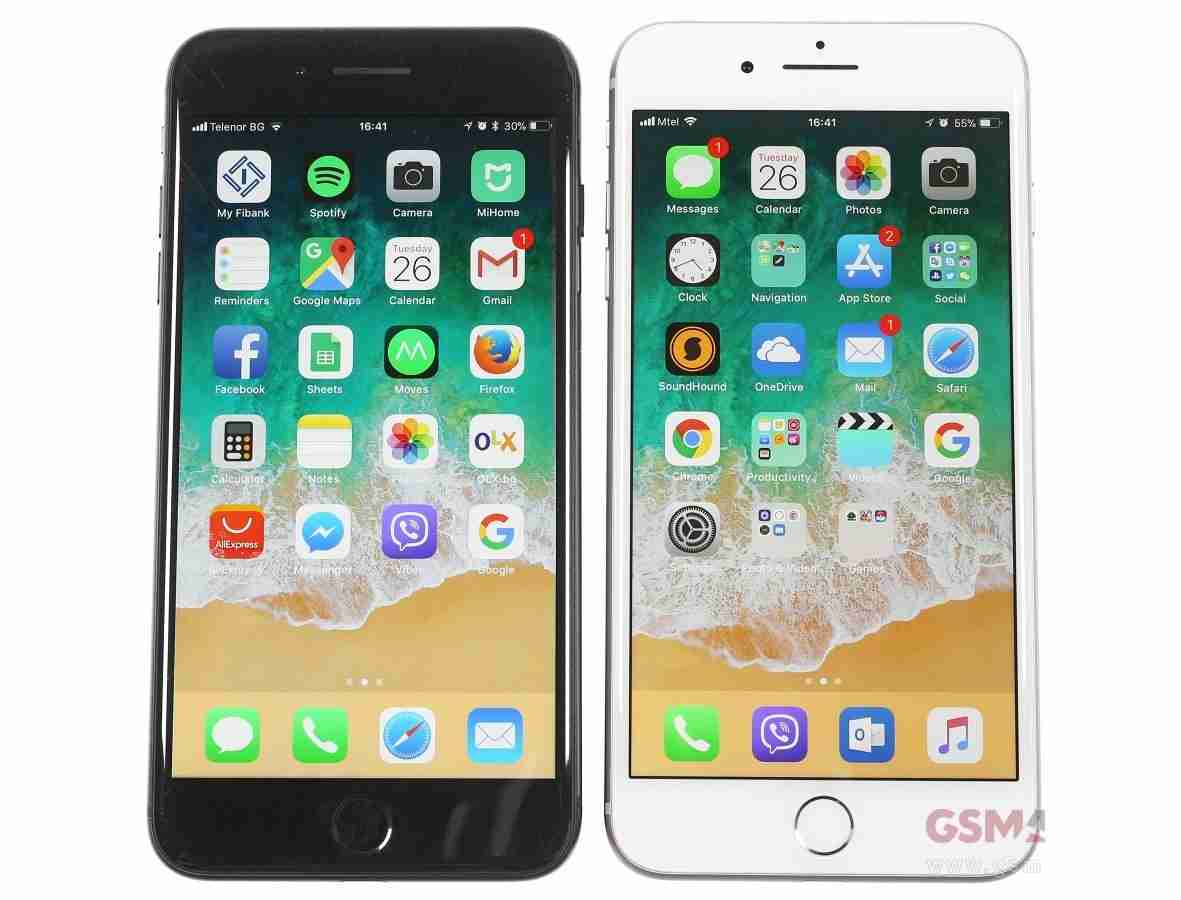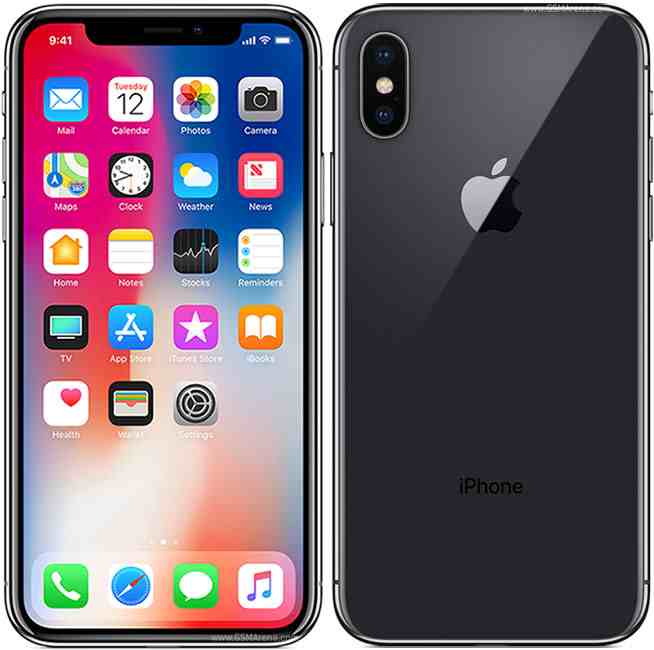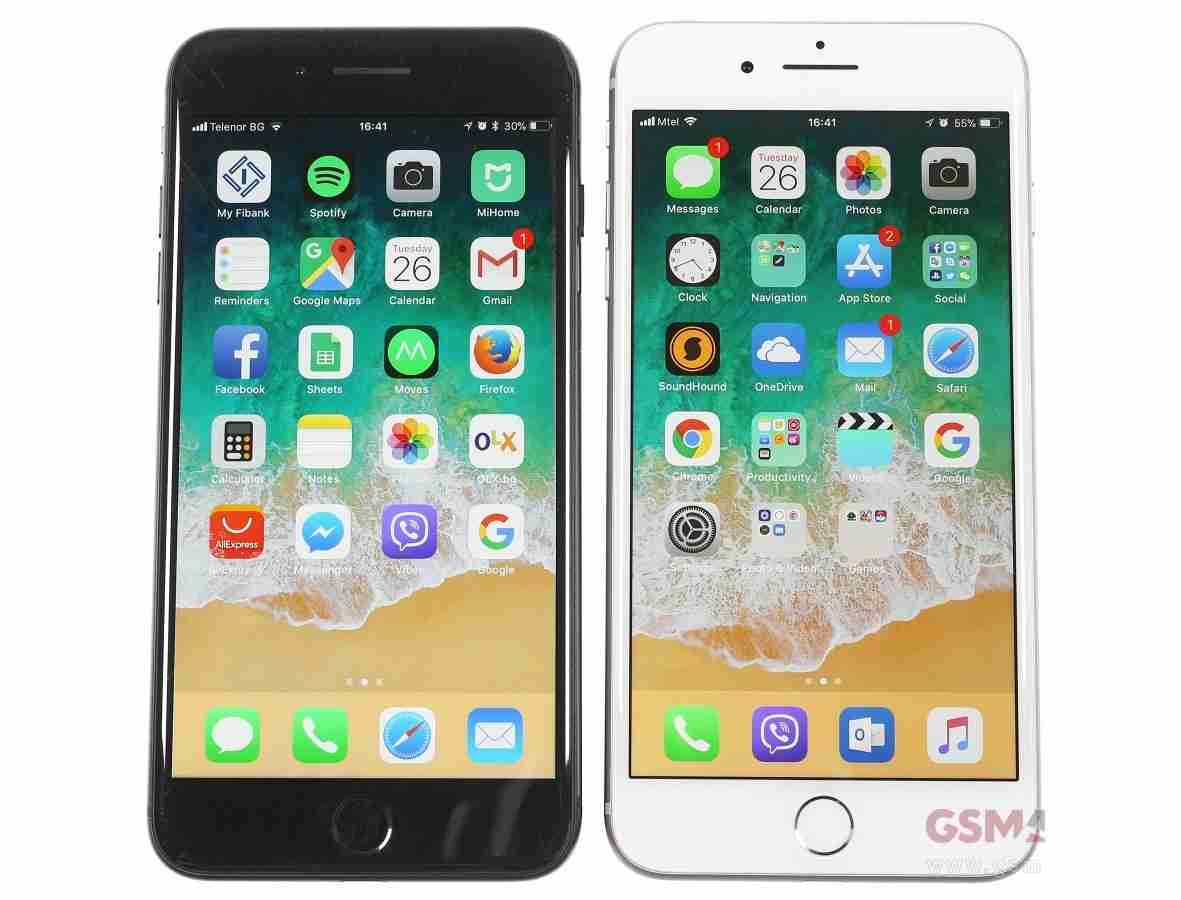
Like the rest of us, Qualcomm has clearly been keeping a close eye on the back-and-forth rumours regarding several lead flagship models and, as any smart component maker would do, is ready to build something to cater to what's popular and needed. In this case, the technology for a fingerprint scanner embedded under a smartphone's display.
The Apple iPhone 8, the Samsung Galaxy Note 8, and, prior to its release the Galaxy S8 series, have all been rumoured to feature a fingerprint scanner embedded under the display glass on the front panel, tidying it away from the eye and allowing vast edge-to-edge displays without the intrusion of buttons or pads.
Of that selection, the first two remain up-in-the-air as they are yet to launch, but the Galaxy S8 series was also heavily rumoured to pack an in-screen fingerprint scanner, but Samsung apparently couldn't implement it satisfactorily before launch and canned the idea, leaving it to the following Galaxy Note 8 project.
But I digress, in-screen fingerprint scanners are clearly something the two leading lights in the smartphone industry are very interested in, and have been having trouble implementing too. Apple is reportedly still struggling to get the concept installed in the iPhone 8 at this time.
Qualcomm has now officially announced that it has started production of the first samples of its own bespoke in-screen fingerprint scanner technology. It's an ultrasonic scanner which can be embedded under any of the common smartphone display surfaces; including OLED and glass panels, apparently it'll even work under metal (aluminium, specifically) should an OEM wish to embed the scanner somewhere else, such as the back panel.
As well as allowing the typical biometric security features associated with fingerprint scanners, Qualcomm says its ultrasonic scanner can also detect hearbeat and bloodflow, allowing it to be used by health and fitness related applications.
Naturally the scanner will be directly compatible with Qualcomm Snapdragon processors, although Qualcomm indicated it will work with some other platforms too. The firm expects to have the scanner production ready for smartphones in early 2018, but we'll likely start seeing leaks of prototype phones running the hardware a lot sooner, as Qualcomm will be sending out samples to interested OEMs this month.
Could the new Qualcomm scanner present itself as a convenient drop-in solution for the Apple iPhone 8 and Samsung Galaxy Note 8? We'll have to wait and see!





